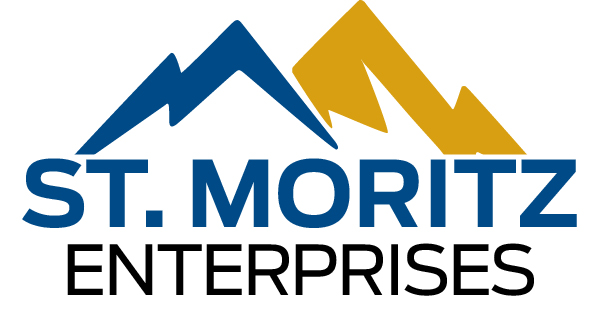E-Learning Platforms: Where Knowledge Knows No Bounds
In a world driven by technological advancements and an insatiable thirst for knowledge, traditional learning paradigms are making way for the dynamic realm of e-learning platforms. The digital revolution has ushered in an era where education transcends physical boundaries, reaching learners worldwide. This blog delves into the transformative landscape of E-Learning Platforms, exploring how these virtual spaces have become powerful conduits for unlimited knowledge acquisition.
- Breaking Geographical Shackles
One of the most profound impacts of e-learning platforms is their ability to break down geographical barriers. Learners from diverse corners of the globe can access a wealth of educational resources without the constraints of location or time zone. This democratization of education ensures that knowledge is not confined to the boundaries of a classroom but extends its reach to anyone with an internet connection.
- Flexibility and Adaptability for the Modern Learner
E-learning platforms cater to the modern learner’s lifestyle by offering flexibility and adaptability. Whether it is a full-time professional seeking to upskill after working hours or a student juggling multiple commitments, these platforms provide a flexible learning environment. Learners can progress at their own pace, revisit materials as needed, and tailor their educational journey to suit individual preferences.
- Interactive Modules and Multimedia Learning
The monotony of traditional textbooks is replaced by dynamic and interactive modules on e-learning platforms. Multimedia elements such as videos, animations, and simulations engage learners on multiple levels, enhancing understanding and retention. The marriage of technology and education transforms learning from a passive experience into an immersive journey.
- Self-Paced Courses: Empowering the Learner
E-learning platforms empower learners by offering self-paced courses. This flexibility allows individuals to structure their learning based on personal timelines and priorities. Whether accelerating through material or taking a more deliberate approach, learners have the autonomy to tailor their educational experience to meet their unique needs.
- Access to a Global Network of Instructors
The diversity of e-learning platforms extends beyond learners to include a global network of instructors. Experts from various fields and geographical locations can share their knowledge and insights. Learners benefit from exposure to different perspectives, creating a rich and varied educational experience that goes beyond the confines of local expertise.
- Cost-Effective Learning Solutions
E-learning platforms often present a cost-effective alternative to traditional education. The elimination of commuting costs, accommodation expenses, and the need for physical infrastructure results in a more affordable learning experience. This accessibility ensures that quality education is not a luxury but a right accessible to a broader audience.
- Continuous Learning in a Rapidly Evolving World
In a world where industries evolve at a rapid pace, continuous learning is imperative. E-learning platforms provide a solution by offering updated and relevant content. Learners can stay abreast of industry trends, emerging technologies, and evolving best practices, ensuring that their knowledge remains current and applicable in the ever-changing professional landscape.
E-learning platforms redefine the education landscape, creating a space where knowledge knows no bounds. As technology continues to advance, these platforms stand as beacons of accessibility, flexibility, and adaptability, offering a bridge to a future where physical classrooms do not confine education but extend their reach to every corner of the globe.
